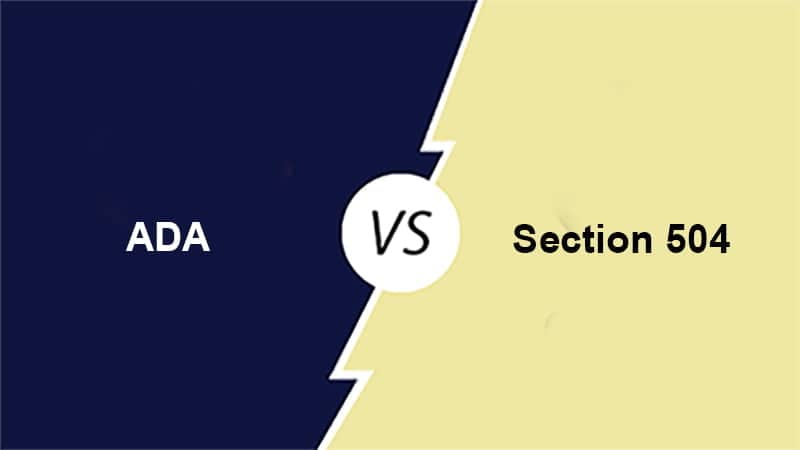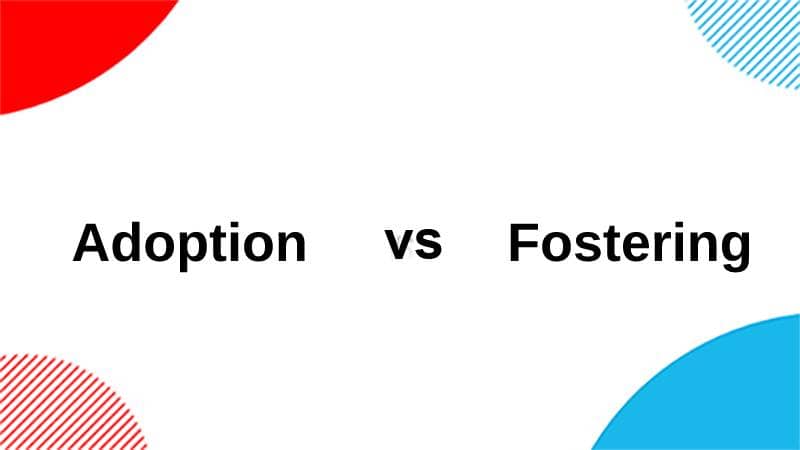Understanding Legal Terminology
Complaint: The Initial Allegation
- A complaint is an initial allegation or accusation made by an individual, referred to as the complainant or plaintiff, to report an offense or wrongdoing to the appropriate authorities.
- In legal contexts, a complaint is a formal document outlining the basis of a grievance, dispute, or legal action, leading to legal proceedings.
FIR (First Information Report): The Gateway to Criminal Investigation
- An FIR (First Information Report) is a formal written document filed with the police or law enforcement agency to report a specific criminal incident. It is the first step in initiating a criminal investigation.
- An FIR serves as the official record of the incident, providing details about the offense, the complainant, and any witnesses involved.
Key Differences
Now, let’s explore the key differences between a complaint and an FIR in terms of their purpose, contents, and legal significance:
Purpose and Initiation
- Complaint: A complaint is initiated by an individual (complainant) who wishes to bring attention to an issue, dispute, or alleged wrongdoing. It can relate to various matters, including civil disputes, contractual disagreements, and non-criminal grievances.
- FIR (First Information Report): An FIR is related to criminal offenses. The complainant initiates it or a witness who reports a crime to the police or relevant law enforcement agency, seeking an official investigation.
Contents and Information
- Complaint: A complaint contains detailed information about the matter at hand. It may include facts, evidence, and arguments supporting the complainant’s position. In civil cases, it outlines the nature of the dispute, and the relief sought.
- FIR (First Information Report): An FIR provides crucial details about a criminal offense, including the date, time, location, and nature of the crime. It includes the names of suspects, victims, witnesses, and any available evidence.
Legal Status
- Complaint: A complaint is a legal document that initiates a civil or administrative proceeding. It may lead to legal action, such as a civil lawsuit or an administrative investigation, but it is not a criminal proceeding.
- FIR (First Information Report): An FIR is a critical step in the criminal justice process. It triggers a criminal investigation by law enforcement authorities and can result in the filing of criminal charges against suspects.
Authority and Filing Location
- Complaint: A complaint can be filed in various forums, including civil courts, administrative agencies, and dispute resolution mechanisms. The complainant chooses the appropriate venue based on the nature of the grievance.
- FIR (First Information Report): An FIR is filed exclusively with the police or relevant law enforcement agency responsible for criminal matters. It must be submitted to the police station with jurisdiction over where the crime occurred.
Legal Proceedings
- Complaint: A complaint initiates legal proceedings related to civil or administrative matters. These proceedings may involve hearings, negotiations, and, if necessary, a trial or adjudication.
- FIR (First Information Report): An FIR initiates a criminal investigation. After filing an FIR, law enforcement authorities gather evidence, interview witnesses, and, if warranted, make arrests. It may lead to the filing of criminal charges and subsequent court proceedings.
Role of the Complainant
- Complaint: The complainant plays an active role in pursuing a complaint. They are required to participate in legal proceedings, provide evidence, and cooperate with the resolution process.
- FIR (First Information Report): The complainant’s role in an FIR is primarily to report the crime and provide initial information. Law enforcement and the criminal justice system conduct subsequent investigations, arrests, and legal proceedings.
Remedies and Outcomes
- Complaint: The outcomes of a complaint can vary widely. Civil remedies may include financial compensation, injunctive relief, or specific contract performance.
- FIR (First Information Report): The outcomes of an FIR are related to criminal justice processes. It can lead to the arrest and prosecution of suspects, potentially resulting in criminal convictions, fines, or imprisonment.
Time Limit
- Complaint: In many jurisdictions, specific statute limitations may govern the filing of complaints for civil or administrative matters. These limitations vary based on the type of claim.
- FIR (First Information Report): FIRs for criminal offenses do not have strict time limits, although reporting crimes promptly to aid in the investigation is advisable.
Jurisdiction
- Complaint: The choice of jurisdiction for filing a complaint depends on the nature of the dispute and the applicable laws. It may involve local, state, or federal jurisdictions and specialized courts or administrative agencies.
- FIR (First Information Report): The jurisdiction for filing an FIR is determined by the crime’s location. It must be filed with the police station having jurisdiction over that area.
Table: Summary of Differences
For a quick reference, here’s a summary table of the key differences between a complaint and an FIR:
| Aspect | Complaint | FIR (First Information Report) |
|---|---|---|
| Purpose and Initiation | Addresses various issues and grievances | Reports criminal offenses for investigation |
| Contents and Information | Detailed information about the matter | Information about the crime, suspects, and witnesses |
| Legal Status | Initiates civil or administrative proceedings | Initiates a criminal investigation and may lead to charges |
| Authority and Filing Location | Filed in various forums | Filed exclusively with the police |
| Legal Proceedings | Leads to civil or administrative proceedings | Triggers criminal investigation and possible court proceedings |
| Role of the Complainant | Actively participates in legal process | Reports the crime and cooperates in investigations |
| Remedies and Outcomes | Varies (e.g., compensation, injunctive relief) | Criminal investigations, arrests, potential convictions |
| Time Limit | Subject to statutes of limitations | Generally no strict time limit, prompt reporting advised |
| Jurisdiction | Determined by applicable laws and jurisdiction | Determined by the location of the crime |
Conclusion
Complaints and FIRs are distinct legal documents that serve different purposes within the legal system. A complaint initiates civil or administrative proceedings related to various issues and disputes. At the same time, an FIR is the first step in reporting a criminal offense to law enforcement authorities, triggering a criminal investigation.
Understanding the differences between these two legal instruments is essential for individuals seeking redress for their grievances or reporting criminal activities. Whether pursuing civil or criminal matters, the choice of the appropriate document, complaint, or FIR can significantly impact the legal processes and outcomes that follow.






